In the consumer brands session organised by “Refrigerant, Naturally!” at this year’s ATMOsphere Europe, a positive message is delivered by cold drink giants Unilever, Red Bull and the Coca-Cola Company: They will increase the use of natural refrigerants to meet their cooling needs in all countries that they operate in.

Commercial refrigeration is a large contributor to a corporation’s climate footprint, representing 40% of total annual refrigerant emissions, and the figure is expected to represent 47% by 2015. Leading cool drink and ice cream manufacturers like Unilever, Red Bull and The Coca-Cola Company are all accelerating the transition to natural refrigerants to reduce greenhouse gas emissions produced by their coolers and vending machines.
Unilever: hydrocarbon as the best-suited option for ice cream cabinets
In his presentation, Global Lead Engineer for Refrigeration & HVAC of Unilever, Rene van Gerwen, reiterated that hydrocarbon refrigerant is best suited for ice cream cabinets based on Unilever’s ten years’ usage. According to Unilever, HC cabinets are at least 10 % more energy efficient than HFC equivalents. By 2012, over 1 million HC ice cream cabinets have been installed in every single country that Unilever operates in. In the consumer brands session, Unilever shared the five rules for successful implementation of natural refrigerants with the participants.
Unilever’s five rules for successful implementation of natural refrigerants are:
- Start with a Simple, Realistic but Ambitious Public Goal Statement
- Allocate Sufficient Resources for Investigations, Preparation etc.
- Actively Engage with Equipment Suppliers on the basis of longer-term commitments
- Keep long-term Track & Momentum
- Share Technical Expertise & Experience
Red Bull aims at 100% HC equipment procurement
The cooling can be responsible for up to 20% of Red Bull’s product carbon footprint. In order to reduce carbon emission, Red Bull has started the switch to hydrocarbon beverage coolers. The beverage company aims to realise 100% HC equipment procurement in 2013 except for Japan and the US. Until now, Red Bull has already adopted 313,000 units of HC “ECO Coolers” globally, which combine the use of hydrocarbons R290 and R600a. The systems represent 35% of Red Bull’s entire fleet of cooling equipment. ECO Coolers consume up to 45% less energy than previous generations of cooling equipment. Based on favorable CO2 emissions data, Red Bull’s ordering guidelines guarantee that wherever feasible, from a legal and technical point of view, only ECO Coolers will be installed in the future.
Coca-Cola: “Natural Refrigerants: Sustainable and Commercially Viable Solution”
The Coca-Cola Company is phasing out the use of HFCs in all new cold drink equipment by 2015 to mostly replace them with the use of hydrocarbons and R744. By the end of 2012, The Coca-Cola Company will have placed 800,000 units of HFC-free cooling systems globally, including hydrocarbon and CO2-based systems. Antoine Azar, the Global Program Director of The Coca-Cola Company said in the session: “We are confident about our decision of adopting CO2 in our cold drink equipment (…) We have no doubt about the performance of HFC-free technology.”
Major market barriers in the transition to HC
Potential safety hazards are no longer the main market barrier for hydrocarbon technology in commercial refrigeration today. According to Unilever, as key cabinet suppliers have invested significantly in safe production lines for HC equipment, calculated risks for HC cabinet operation are meeting globally acceptable risk levels.
The transition to HC refrigeration equipment is impeded by insufficient HC service and difficulties in getting approval according to Red Bull. In addition, in some regions like Asia, Red Bull finds it is hard to find local partners to deal with the maintenance and repair of HC equipment. Besides, as the result of existing legal and trade barriers, Red Bull has difficulties to find the component to match their HC equipment in some regions. Approval and certification would be another market barrier to adopt HC equipment in the commercial sector especially in the U.S.
About Refrigerants, Naturally!
Refrigerants, Naturally! is a global initiative of multinational corporations that aims to replace the use of HCFCs and HFCs in their point-of-sale cooling applications. Refrigerants, Naturally! supports a positive regulatory and political framework for investment in climate-friendly technologies. Current partners include Coca-Cola, Unilever, McDonald’s, PepsiCo and Red Bull. The initiative is supported by Greenpeace and the United Nations Environment Program (UNEP).
MORE INFORMATION
Related stories


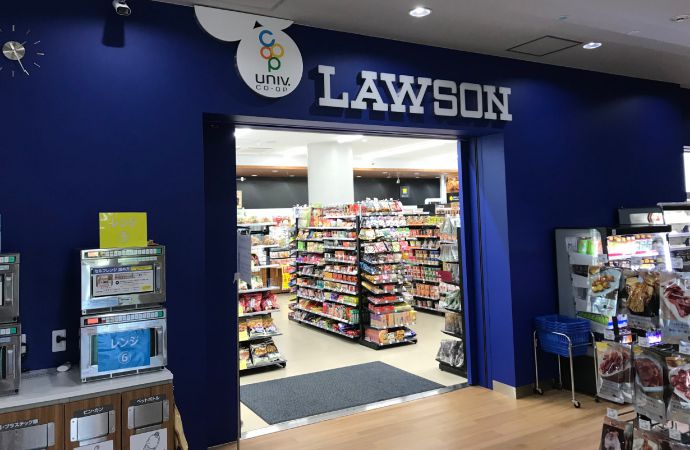
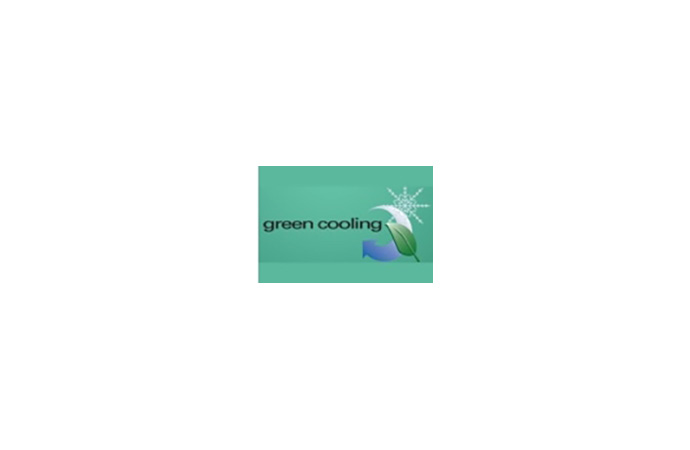
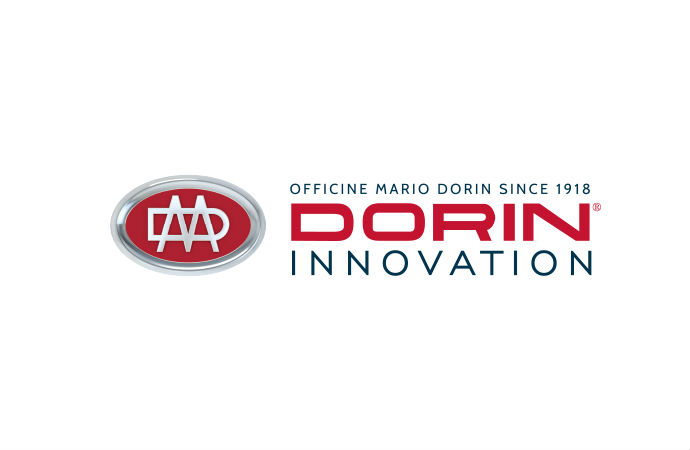


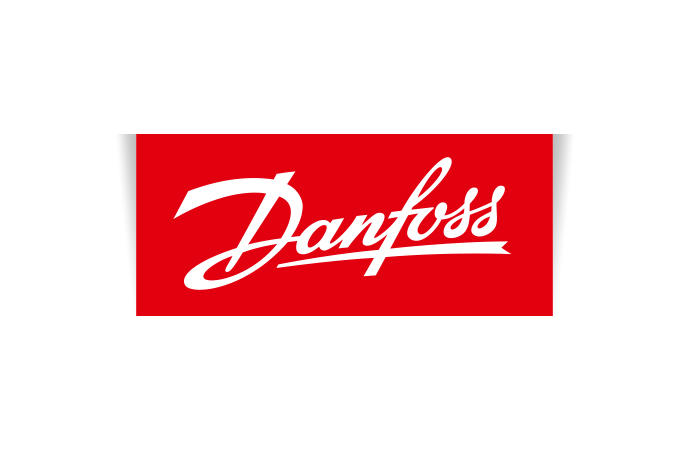
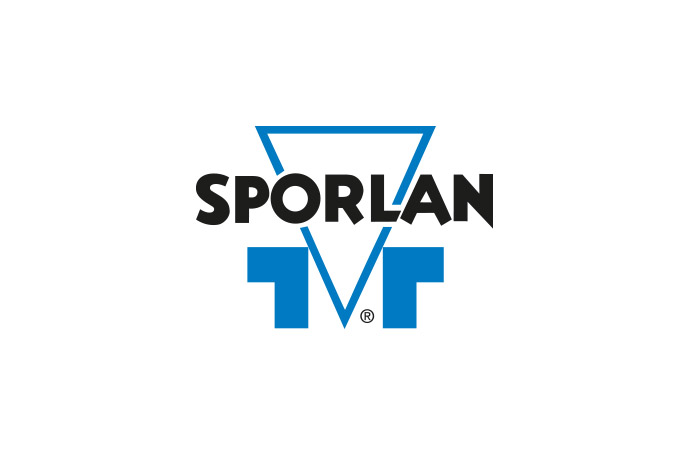
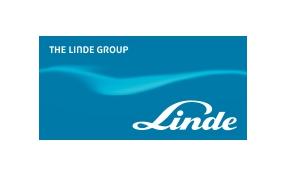
_1490973133.png)
